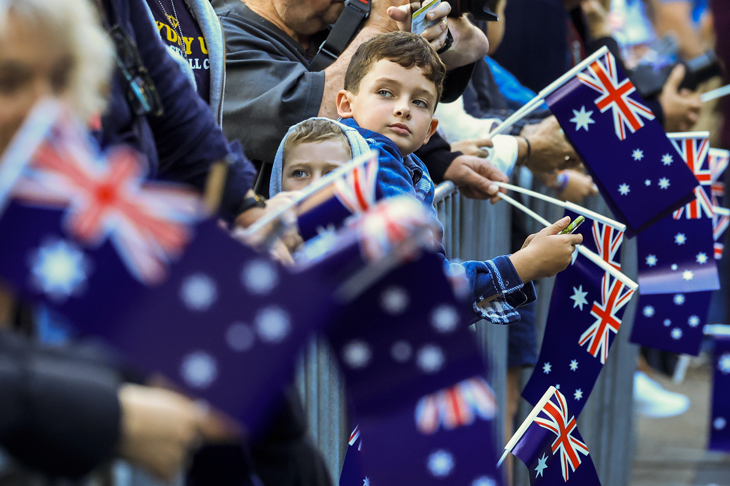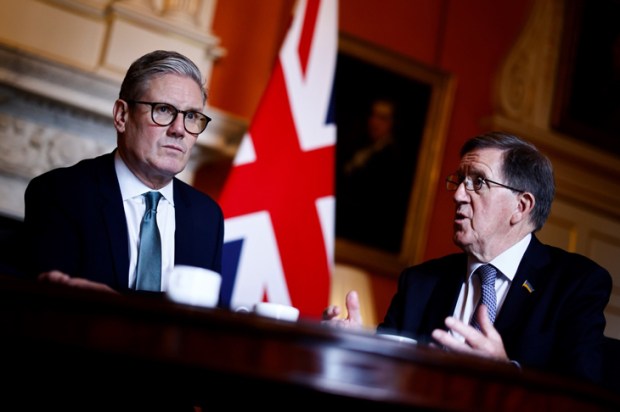This Australia Day will be celebrated by a divided and demoralised community. Inflation and bracket creep have eaten into the living standards of millions of Australians, with many suffering financial distress. Anti-Semitism is rife in our cities, and in many of our leading institutions, threatening the Jewish community and dismaying the silent majority.
Already a subscriber? Log in
Subscribe for just $2 a week
Try a month of The Spectator Australia absolutely free and without commitment. Not only that but – if you choose to continue – you’ll pay just $2 a week for your first year.
- Unlimited access to spectator.com.au and app
- The weekly edition on the Spectator Australia app
- Spectator podcasts and newsletters
- Full access to spectator.co.uk
Or
Unlock this article
David Pearl, a former Federal Treasury assistant secretary, is now a full time writer and commentator.
You might disagree with half of it, but you’ll enjoy reading all of it. Try your first month for free, then just $2 a week for the remainder of your first year.














Comments
Don't miss out
Join the conversation with other Spectator Australia readers. Subscribe to leave a comment.
SUBSCRIBEAlready a subscriber? Log in